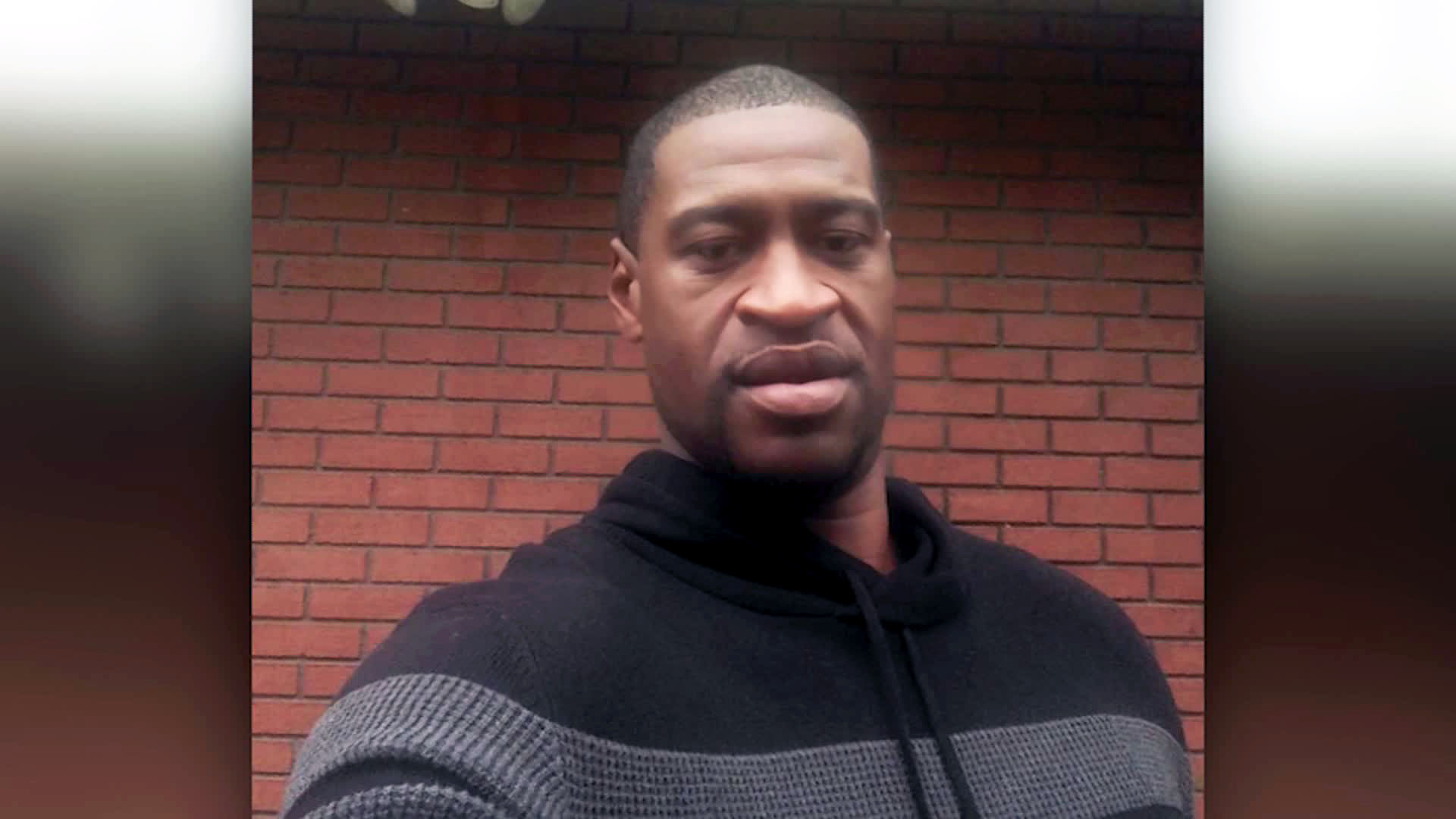CASHION, Okla. – Complicated diseases can be difficult to diagnose, especially when the symptoms are hidden.
For months, doctors were baffled by symptoms that sidelined a talented basketball star from Cashion High School.
In fact, some doctors diagnosed mental illness insisting, “it was all in her head.”
Jayci Robison made the varsity squad her freshmen year at Cashion High School.
She was a talented shooting guard with high hopes of playing college ball.
“I wanted to be the best of the best,” said Robison. “My parents always told me, we don’t care what you do just give it 110%.”
Robison had been playing competitively since the fifth grade.
But, right as her career was about to take-off she was benched by an invisible illness.
“I had a feeling in the pit of my stomach that maybe something just wasn’t right,” Jayci remembers after she fainted following the championship game her junior year of high school.
That episode was the beginning of a medical mystery it would take specialists years to untangle.
“I went back to school, and I started passing out multiple times a day,” Robison remembers. “I started waking up feeling nauseous and having headaches.”
Over the course of a few semesters chronic fatigue, vertigo and migraines transformed her life from the inside out.
The athletic, accomplished varsity freshman eventually graduated from high school limping through practice, depleted by a condition with no cure.
“I looked fine on the outside. I looked like a healthy teenage girl. But on the inside, my body was fighting a struggle that no one could understand. It was frustrating for me.”
Again and again, doctors were baffled about what was wrong.
Several experts suggested it was all in her head.
“They recommended I see a psychiatrist. Again (they thought) maybe it was anxiety.”
Jayci was frustrated.
But the truth is, it is almost all in her head; in her brain, the headquarters for the central nervous system.
Turns out, Robison has a disorder of the autonomic nervous system which controls automatic body functions like heart rate, respiratory rate, digestion and more.
Officially the diagnosis is postural orthostatic tachycardia syndrome (POTS).
POTS is more common in girls, four to one, with onset usually in the late teen years of adolescence.
“(The problem) is the messaging from nerves to certain organs going awry. They just start doing stuff when you don’t want them to,” said Optimal Health’s Dr. Noel Williams. “It’s not commonly understood for people to make the diagnosis.”
POTS is a failure of the nervous system to regulate blood flow.
Rapid heart rate and low blood pressure cause fainting, nausea, and migraines.
There is no fix; Jayci takes 15 pills a day to manage her symptoms.
She has found relief in monthly immunoglobulin infusions.
Antibodies from donor plasma trick her body into turning off misfires from her faulty autonomic nervous system.
“The infusions allow her to function on a daily basis,” said Coram CVS nurse manager, Lindsey Williams. “It allows her to get out of bed. It allows her to function like a normal adult. It is really necessary for her.”
Once a month, Jayci comes to Coram CVS Specialty Infusion Services to sit and sleep through an eight-hour-long IV drip.
“It’s a band-aid. It soothes (the symptoms) for the time being; doesn’t allow my body to act up,” said Robison.
The experimental cocktail is working for Jayci.
Her dad comes for support, which has been critical for Jayci.
Family is a lifeline.
She is 24 years old and still trying to figure out how she’s going to be able to maintain a full-time job while managing her chronic illness.
“She’s just got to be very diligent in managing her time. As she always has been,” said Jason Robison.
Jayci’s basketball days are long gone.
She is inspiring off the court now, completing her undergraduate degree at Oklahoma State University last year.
After graduation, Jayci decided to stay to get her MBA with a focus on managing disabilities in the workplace.
“I think through this condition I have been spiritually healed,” Jayci said. “I have learned so much about myself and about other people that I (no longer) pray for physical healing. I think I have POTS for a purpose, and that purpose is to help people with invisible disabilities you cannot see.”
Jayci Robison has found inner strength, born out of the hardship of her own invisible illness.
Researchers believe one in 100 teenagers have POTS.
About 80 percent outgrow their symptoms.
As for Jayci Robison, she has the chronic form of the illness and will have monthly infusions for the foreseeable future.

























